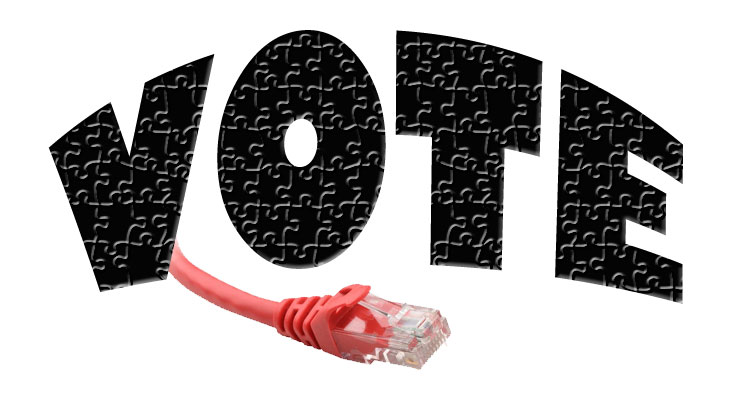
The latest critical review of blockchain voting comes from a really interesting article from U.S Vote Foundation:
It really gets old being a guinea pig. Not because of the cagey confines, but for the insistence of those who try their ideas out on you. Overseas and military voters continue to be the guinea pigs for unvetted online voting ideas, the new one being “blockchain voting”. We have been here before.
Overseas and military voters do need continued meaningful reforms across all states, and it is good when people truly care enough to examine and invest in solutions. What we do not need is a distraction that introduces new threats to overseas and military ballot integrity. The cliché “disruption model” doesn’t belong in our elections. Particularly in light of Russia’s cyber-interference in elections in Ukraine in 2014 and the US in 2016, we should consider with extra caution the idea of putting the entire voting process online. Russia itself is pushing to use this same technology for voting. Maybe it is worth a deeper look at it before we rush to its implementation? Perhaps investment in a threat detection system, which most state election offices cannot yet afford, would, at minimum, be a wise first course of action.
Typically election systems must undergo formal testing and certification. Public access and examination is crucial. With a fully online system, that requirement is far more serious. Internet voting is not the same sort of simple transaction as is online banking; it is far more complex due to the fact that there must be a separation of the transaction from the identity of the person executing it. Just because there is a “blockchain” for the transaction doesn’t make the total voting system secure.
See full article here. Even though the technology may be impressive, regular Democracy Chronicles readers might be sceptical of blockchain voting too. Using voting machines in any way is questionable in regard to security and can have a negative impact in voter confidence in election outcomes. Paper ballots are just more secure by nature and all computers have vulnerabilities.
Be sure to also check out the Democracy Chronicles Election Technology section and our articles on Technology Dissidents, the Internet and Democracy or Voting Machines.
Leave a Reply